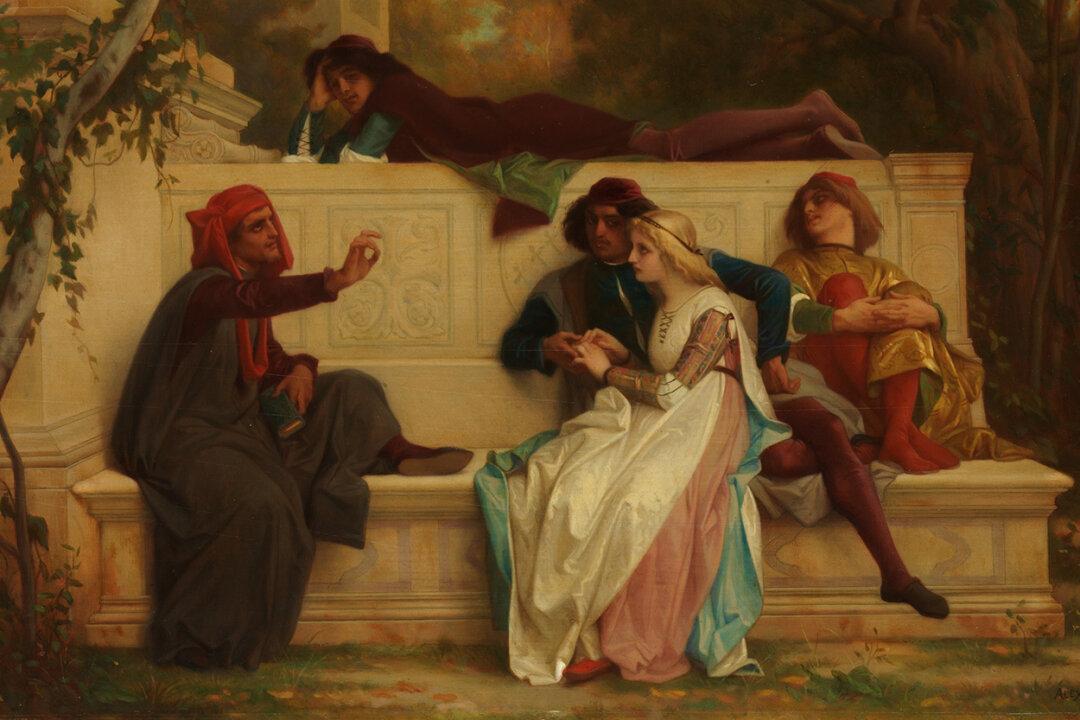The British poet Wendy Cope once said, “the reason modern poetry is difficult is so that the poet’s wife can’t understand it.” A funny comment, but it deflects attention from the real reason that few people now read poetry: It’s perceived as difficult and usually irrelevant—except on special occasions like weddings, funerals or Presidential inaugurations.
It has one other fatal handicap: It’s is simply not beautiful anymore. It’s not beautiful, like Robert Frost’s or Emily Dickinson’s are. It tends to lack form, which means no meter, usually no rhyme, or other rhetorical devices that might charge the verse. Most contemporary poetry is flat, so why bother reading it?






